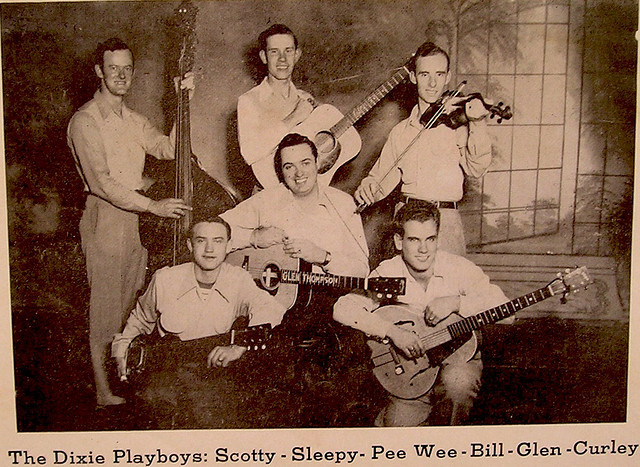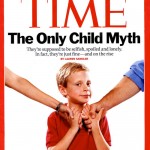David Brooks, writing New York Times, looks at the history of athletics and how the American “sporting mind” developed from the earliest mindsets on sports from ancient generations leading up to the current state of American college athletics. He speaks candidly about both the dangers and benefits of the American sporting mind:
The crowds at big-time college sporting events do not sit passively, the way they do at a movie theater. They roar, suffer and invent chants (especially at Duke basketball games). Mass college sports are the emotional hubs at the center of vast networks of analysis, criticism and conversation. They generate loyalties that are less harmful than ethnic loyalties and emotional morality plays that are at once completely meaningless and totally consuming.
There are the obvious recruiting scandals and greedy coaches, but for all the sins, big-time college sports have become emotional reactors, helping to make university towns vibrant communities. Gillespie is right to appreciate the moral power of sports. But bigness has virtues as well as vices. Big-time college sports are absurd, but we would miss them if they were gone.















